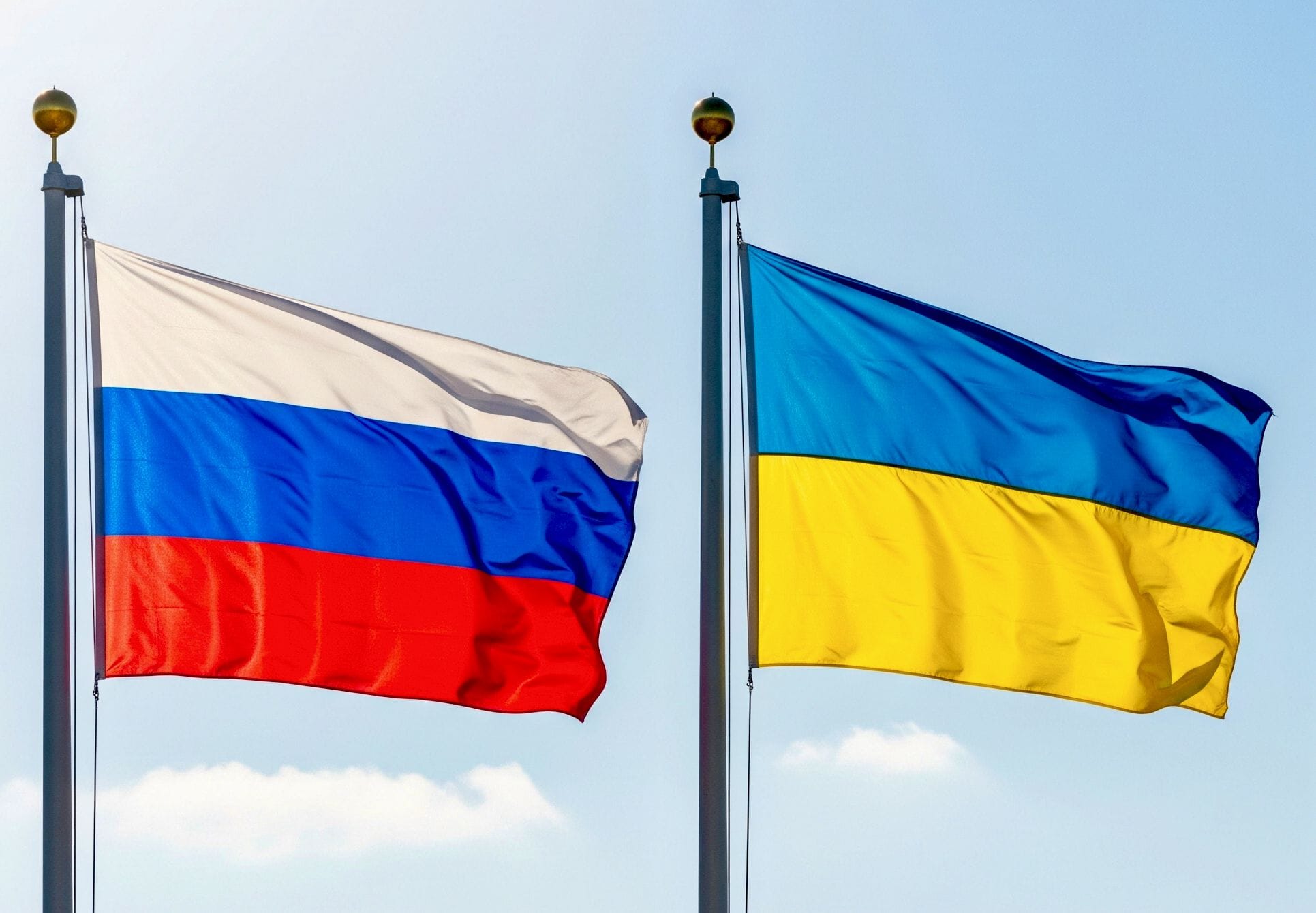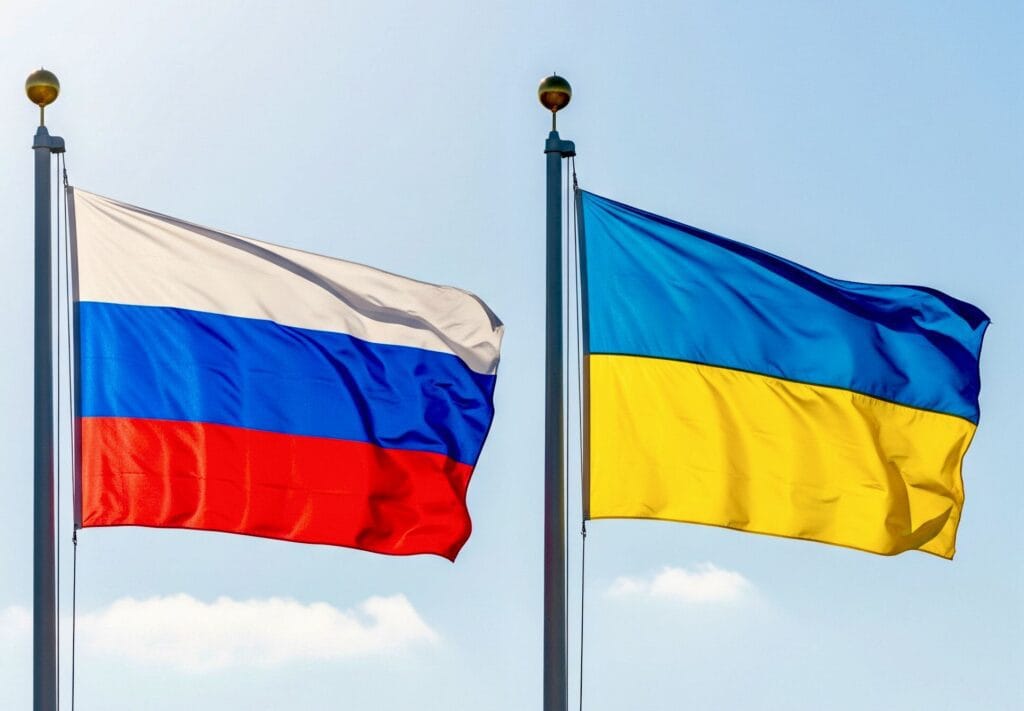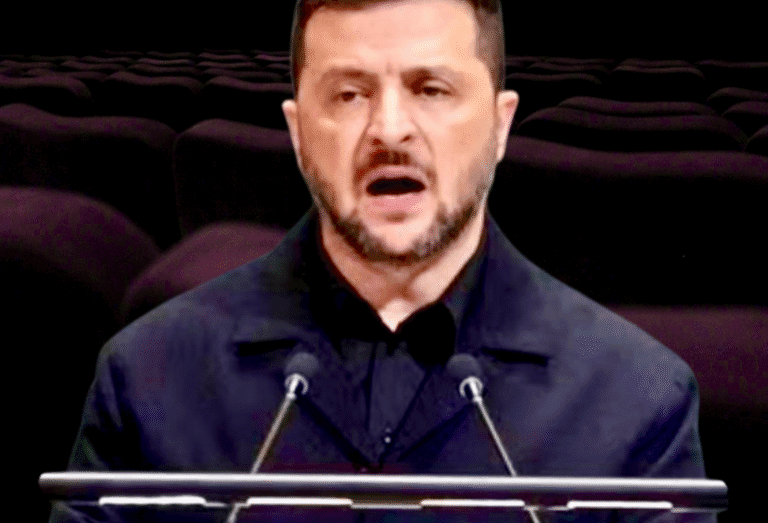
Oplus_131072
Tensions rise as Kyiv denies the claims and reiterates its commitment to sovereignty and territorial integrity in response to Russia’s demands that Ukraine give up portions of Donetsk and Luhansk.

Russia has formally demanded territorial concessions from Ukraine amid rising tensions in Eastern Europe, rekindling worries about the region’s stability and the likelihood of enduring peace. Kyiv has immediately condemned the demands, which allegedly target regions in Donetsk and Luhansk, and the international community is concerned about how diplomatic talks will proceed.
These territorial claims coincide with an escalating conflict characterized by continuous military maneuvers, drone strikes, and missile attacks. Russia’s demands are seen by analysts as a potential roadblock to any workable ceasefire or peace deal as well as a strategic negotiating tool.
Russia’s Position
The claimed territories are strategically and historically essential to the country’s security interests, according to Russian officials. Moscow claims that from a geopolitical perspective, any settlement would be unacceptable if control over these areas was not relinquished.
The demands have been presented by President Vladimir Putin as essential to safeguarding ethnic Russian populations in the disputed areas and securing Russian borders. The historical and cultural significance of these territories is emphasized in Russian media and official statements, which also present the concessions as unavoidable preconditions for any further negotiations.
Ukraine’s Response
The demands have been strongly rejected by the Ukrainian government, which has emphasized that giving up territory would be against the country’s sovereignty and constitutional integrity. Russia’s position, according to Kyiv, is a diplomatic trap meant to erode Ukraine’s standing both at home and abroad.
In a recent speech, President Volodymyr Zelenskyy declared that Ukraine would never compromise its territorial integrity and reiterated Kyiv’s determination to protect all areas, including those that are still enmeshed in conflict. Ukrainian officials emphasized that fending off coercive territorial pressures would require international assistance, especially from NATO and EU allies.
International Reactions
Concern over the demands has spread throughout the world, especially among allies in the West. Officials from the European Union called the action “provocative and destabilizing,” cautioning that unilateral territorial demands could sabotage current diplomatic initiatives. Reiterating that sovereignty and territorial integrity are unassailable principles under international law, the United States reaffirmed its support for Ukraine.
According to analysts, Russia’s demands could be a litmus test for Western nations’ determination to keep supporting Ukraine militarily and economically. China, which has always been cautious, has called for moderation and communication but has not specifically denounced Russia, underscoring the difficulties of international diplomacy in this situation.
Strategic Implications
The territorial demands carry significant strategic consequences:
- Military Pressure: Russia aims to defend current military operations and possibly increase its territorial control by claiming control of Donetsk and Luhansk.
- Diplomatic leverage: Using territorial claims as negotiating chips could put pressure on Ukraine to make concessions under duress.
- The demands raise questions about the precedent set for territorial disputes globally and challenge international norms regarding sovereignty.
Such demands, according to experts, make ceasefire talks more difficult because they impose requirements that Ukraine is unlikely to agree to in the absence of strong international guarantees.
Impact on the Conflict
Alongside the renewed territorial pressure, fighting has intensified along multiple frontlines.
Ukrainian forces are still conducting counteroffensives in disputed areas, including drone strikes and targeted operations, in an effort to disrupt Russian logistics. Analysts speculate that Russia’s public demands may be meant to:
- Divert attention from battlefield setbacks
- Signal strength to domestic and international audiences
- Influence peace talks by shifting expectations
The intricate relationship between territorial aspirations and contemporary warfare dynamics is reflected in the combination of diplomatic pressure and ongoing military operations.
Economic and Civilian Considerations
Demands for territory also have humanitarian and economic ramifications. Civilian services, infrastructure, and local governance are disrupted in disputed regions.
In disputed areas, local industries and businesses face increased uncertainty, and civilian populations may be displaced or have limited access to basic services. As a warning that any escalation connected to territorial claims could worsen the suffering of civilians trapped in conflict zones, international organizations have called for safe corridors and humanitarian protections.
“I am Sunny Kumar, the founder of WorldWideNews.fun. I started this platform with a passion for journalism and the aim to provide readers with unbiased, fact-checked, and fast news. Over the years, I have gained experience in digital journalism, blogging, and content research. My goal is to make WorldWideNews a reliable source of updates on technology, entertainment, politics, and international news





